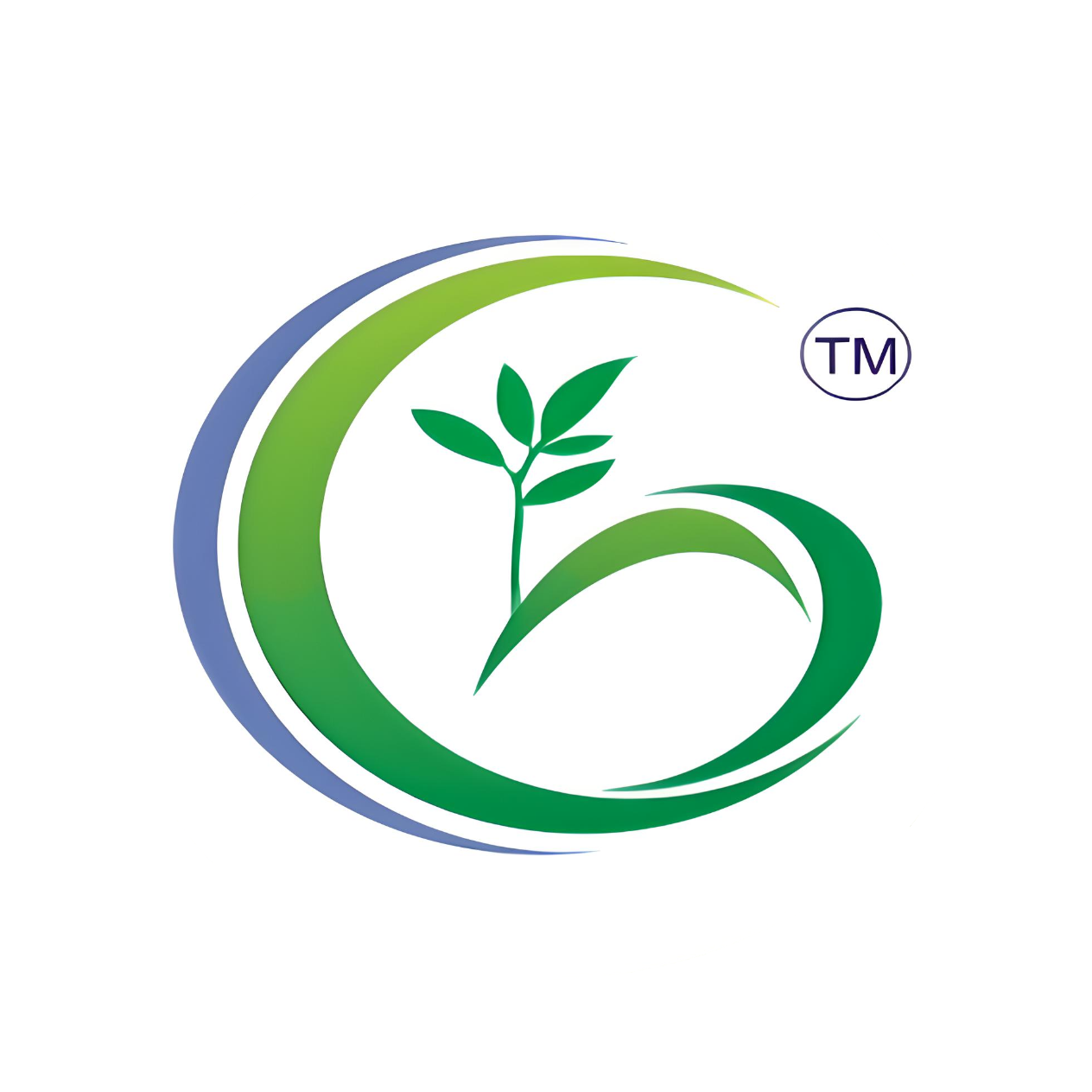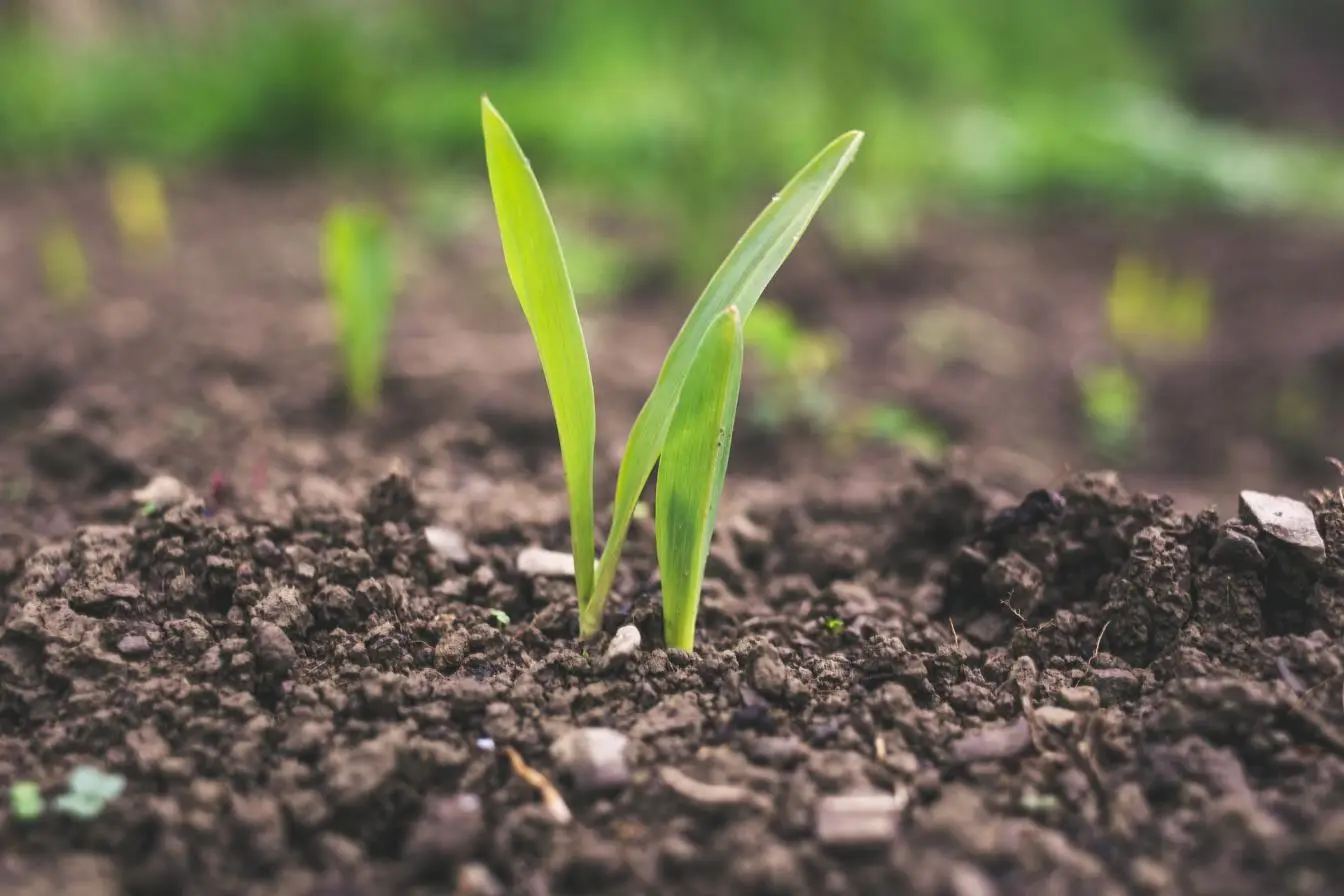
Gusto Crop Tech Private Limited

In recent years, there has been a groundbreaking nanotechnological advancement in the field of plant health and defense mechanism and nutrition. This innovative approach offers unprecedented potential for revolutionizing agriculture, ensuring higher crop yields, and overcoming various challenges faced by farmers. By harnessing the power of nanotechnology, scientists and researchers have unlocked priceless opportunities to enhance plant growth, protect against pathogens, and optimize nutrient absorption. In this article, we will explore the exciting implications of this breakthrough technology and its potential to shape the future of agriculture.
Plant health and defense mechanisms play a vital role in ensuring optimal growth and protecting crops from harmful pathogens and pests. Through nanotechnology, scientists have devised ingenious methods to empower plants and bolster their natural defenses.
By employing nanoparticles, scientists have successfully created a protective shield around plants, greatly reducing their vulnerability to various diseases and pests. These tiny particles have the remarkable ability to target specific pathogens, disrupting their life cycles and preventing infection. This targeted approach not only ensures healthier plants but also minimizes the need for harmful pesticides, making agricultural practices more sustainable and environmentally friendly.
Nanotechnology has paved the way for the development of advanced delivery systems for plant nutrients and growth promoters. By encapsulating vital nutrients within nanocarriers, such as liposomes or nanoparticles, scientists can efficiently transport these essential components to the cellular level, enhancing nutrient absorption and promoting overall plant growth. This targeted and efficient delivery method not only reduces wastage but also ensures that plants receive the precise nutrients they require, leading to healthier crops with improved yields.
Monitoring the health of plants can be challenging, especially when it comes to detecting early signs of stress or disease. Nanosensors, equipped with sophisticated technology, offer a viable solution to this problem. These tiny sensors can detect and analyze various plant parameters, including temperature, humidity, nutrient levels, and even the presence of pathogens. By providing real-time data, nanosensors enable farmers to take proactive measures to mitigate potential threats and ensure optimal plant health.
The incorporation of nanotechnology in agriculture brings forth a host of remarkable benefits, empowering farmers to tackle numerous challenges effectively.
One significant advantage of utilizing nanotechnological advancements in agriculture is the potential reduction of environmental harm caused by traditional farming methods. By minimizing the reliance on chemical pesticides and fertilizers, farmers can significantly reduce pollution, soil degradation, and water contamination. This shift towards sustainable practices safeguards not only the environment but also public health, ensuring the production of safe and nutritious food.
Global food demand is steadily increasing due to population growth, emphasizing the need for enhanced agricultural productivity. Nanotechnology offers a promising solution by improving crop yields. The precise delivery of nutrients, targeted pest control, and early disease detection facilitated by nanotechnology all contribute to healthier and more abundant crops. This translates into increased food production, addressing food security concerns and benefiting economies worldwide.
Nanotechnological advancements in agriculture allow for the optimal utilization of limited resources, such as water and fertilizers. Through nanosensors, farmers can accurately determine the water requirements of plants, minimizing wastage and maximizing efficiency. Additionally, nanocarriers enable efficient delivery of nutrients to plants, reducing the overall quantity of fertilizers needed. This resource optimization not only benefits farmers economically but also reduces the strain on scarce resources and promotes sustainability.
The nanotechnological advancement in plant health and defense mechanism and nutrition promises to revolutionize the agricultural landscape. By harnessing the power of nanotechnology, farmers can enhance plant growth, protect against pathogens, and optimize nutrient absorption. This cutting-edge technology offers a sustainable and efficient approach to agriculture while ensuring higher crop yields, food security, and resource optimization. As scientists continue to explore the potential applications of nanotechnology in farming, it is clear that this breakthrough will shape the future of agriculture, contributing to a more sustainable and prosperous world.